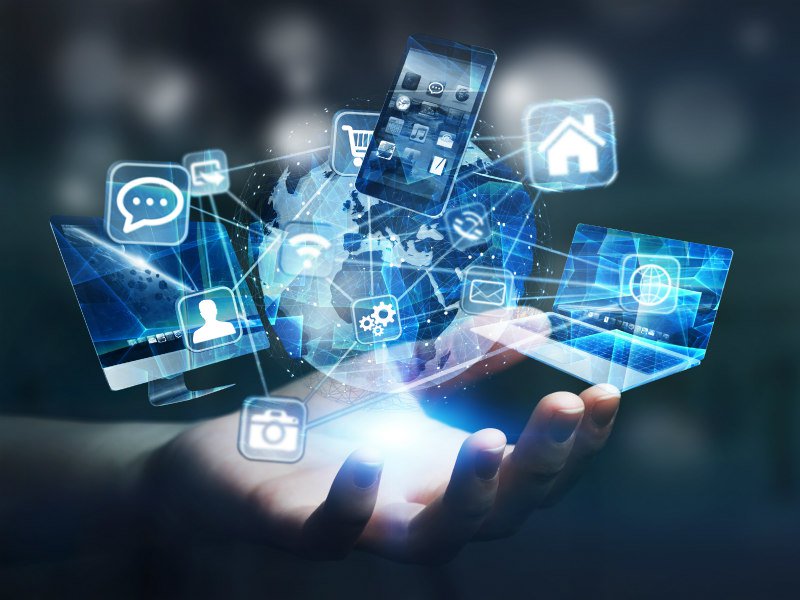
Mclub World – The rise of the digital world continues to transform how we live, work, and connect. From daily communication to workplace automation, technology now sits at the center of human activity. This shift brings new habits, career paths, and even forms of identity. The line between online and offline has blurred faster than we expected.
“Read More: Top 10 Luxurious Desserts Menu Recipes, which will make the Family Happy”
People no longer stay tied to a desk or office building. With digital world people mostly use cloud-based platforms and messaging apps, teams can coordinate from anywhere. Remote jobs allow employees to work from home, cafés, or even across time zones. Employers prioritize results over attendance. This flexibility helps workers balance life while still hitting goals. The shift also reduces city congestion and overhead costs.
Digital tools reshape how we talk. Texting, emojis, and voice notes dominate daily exchanges. People expect replies within minutes, not days. Social media shortens attention spans and rewards quick updates. Video calls replace in-person meetings. Companies invest in internal chat tools to keep conversations flowing. Clarity becomes crucial when speed drives the flow of information.
“Read About: Culinary Adventures That Cross Borders”
Machines and software take over repetitive tasks once done by humans. Jobs in data entry, customer service, and logistics evolve rapidly. People now learn to collaborate with AI instead of competing against it. Digital skills matter more than ever—from coding to design to digital marketing. Lifelong learning becomes a must, not a choice, as industries shift each year.
People build identities not only through actions but also through profiles. From LinkedIn to Instagram, individuals craft digital versions of themselves. What you post can affect job offers, friendships, or public image. Privacy fades as data becomes currency. Yet, this exposure allows people to find community, audience, and influence beyond their physical circles.
While many benefit, some are left behind. Those without internet access or device literacy struggle to catch up. Rural areas face gaps in infrastructure. Low-income families lack tools for online education or remote work. Governments and NGOs work to bridge this gap through training and broadband expansion. The future demands inclusion or risks deeper inequality.
This website uses cookies.